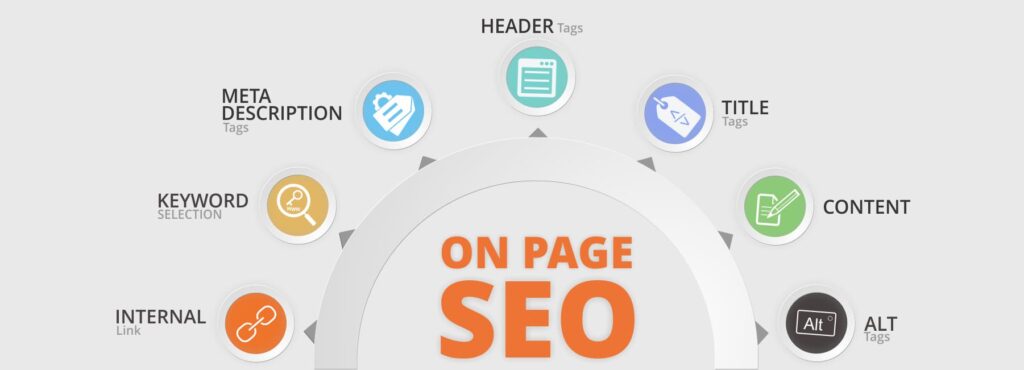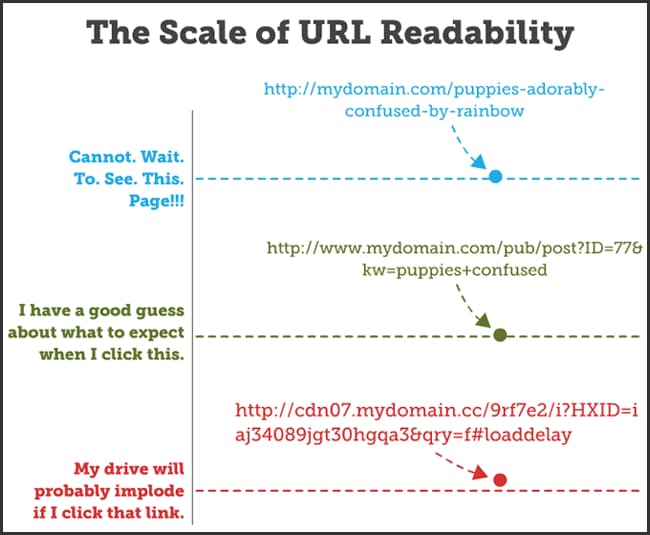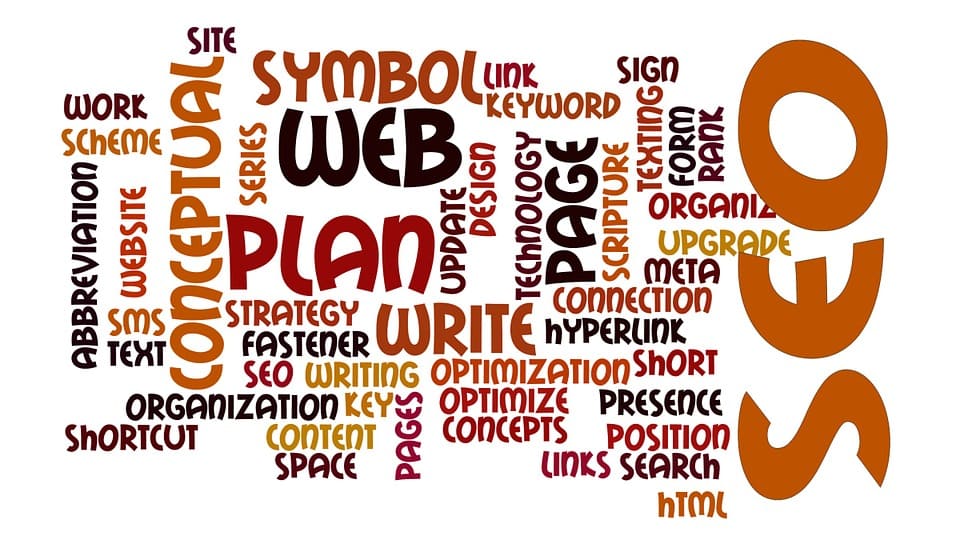Table of Contents
7 Most Important Aspects You Need to Master
Fundamentally, SEO is the driving force that makes your brand relevant online. It is a complex system that consists of many tools which bring exposure to the brand as well as high ranking in the search engine results. There are two main focuses: On-Page SEO and Off-Page SEO. In order for the Off-Page SEO to show results, On-Page SEO must be executed first. As it is an ongoing process, very often, the two are co-dependent.
On-page SEO manages to make your website more search-engine friendly and it also helps the search engines to better understand your website. Therefore, excelling in On-page SEO means providing your website with the opportunity to thrive and to get more views, leads and make sales in a natural, organic way.
Despite some claims that are buzzing online (which are fuelled by paid social media ads promoters) that SEO is dead, there are reports by the Forrester Research which state that not only is SEO alive and kicking but it is the number one source of targeted traffic to websites. Plus, the importance of SEO is expected to increase even more in the next couple of years.

So, How to Master the On-Page SEO game?
We are happy to list the most important aspects of On-Page SEO, so if you are a fellow SEO specialist, you are welcome to share your thoughts.
Find the Right Keywords
SEO is all about the right keywords or keyword phrases. They should be closely related to the subject of the page, easily searchable and easy to use. They also need to blend perfectly in the text on the site. The most important thins is to put them in the correct places in the content starting from the <h1> or <h2> tag. Also, the keyword needs to be mentioned in the whole text, once in the beginning and throughout the whole text.
However, this doesn’t mean that you need to do keyword-stuffing. No – if you use it more times in places that it seems odd, the readers will notice and Google will notice – and you might end up being penalised.
Why are keywords so important? Because they attract the targeted audiences to the website and create an opportunity for these website visitors to turn into paying customers.
Original Content
In the kingdom of SEO, the content is the king. Do whatever you need to do, but you must produce amazing content –fresh, informative, original and unique. No copying from other sites and no spinning texts. The bare minimum is 500 – 600 words, although, according to the latest research, texts with almost 2000 words perform the best.
Again, if you don’t stick to your true and original self, and use plagiarised content, the readers will know and Google will know and you will be penalised.
A Memorable Domain Name
Your domain name should be consistent, contain a keyword and a full name. This means that when customers search for you online they should be able to find you as www.nameofbrand.com or nameofbrand.com. Also, the full keyword should be included as in www.nameofbrand.com rather than www.nameofbr.com. And finally, when the keyword is integrated into the URL, the category, page or post will rank better – for example, www.nameof brand.com/about-us is better than www.nameofbrand.com/page.
Another thing to be careful about is your URL not to be too long. Yes, you are not limited in length, but shorter is better, memorable and it sticks in the memory of customers.
Here is a visual representation about the scale of the URL Readability.

Title Tag
The title tag is checked by Google to see the relevance to the subject of your website. It is a blend of Meta data included in the HTML of each of the pages and it informs Google what to display in search results. By including the keyword in the title meta tag, Google will use it to put you in the suitable search results.
Meta Description
The meta description is the instant piece of info that the viewer sees on the search page before they click the link. That means that it must capture their attention. It should include the page’s keyword and a “call for action” phrase so that it can engage the viewers and make them interested in your offer.
Alt Text Descriptions on Images
Keywords should be part of the Alt text description on images too because Google doesn’t see the image but reads its title. This is how Alt text is defined: HTML code that tells the viewer – in the text – what the picture is about. Viewers can also see the text when they hover over the image.
Another benefit of the alt text – it helps bring the photo and link up on image searches.
Internal and External Linking
It should be done throughout the whole website. It will keep the reader on the website longer and will give them more useful information about your brand or services. Google is interested in the time your visitors spend on the website and will consider you a relevant and trustworthy page if they stay longer. And why does it matter? Because Google will rank you higher is you are reliable and trustworthy.
The external links should be there as well (linking to other sites, blogs, quality content out there) as you want to provide your visitors with quality content and help them get what they are looking for. Google appreciates this and marks it as very important when ranking you.
Do you have anything else you might add to the list? Feel free to discuss by sharing this article.
Or, if you are looking for a good, quality On-Page and OFF-page SEO, get in touch and we will discuss your project.
